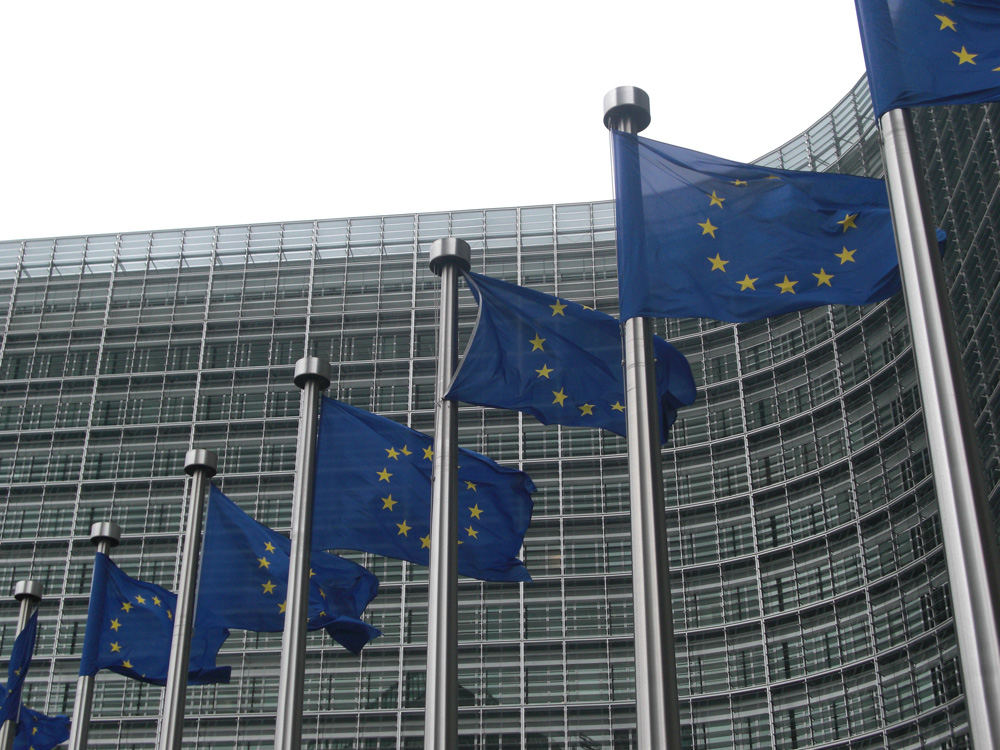The European Union has come under fire over what has been labelled a “weak outcome” after energy ministers rubber stamped new EU energy efficiency directives.
Earlier this week European Union ministers reached an agreement on new targets to be established within both the Energy Performance of Buildings Directive and the Energy Efficiency Directive.
Having initially set out to establish a binding 30% energy efficiency target, the EU eventually agreed to set the desired efficiency rate at 30% but make it non-binding. A number of member states argued the target should be lowered to 27%, however these calls were resisted.
But while the new target is an increase on the current 20% target, the European Commission has criticised a lack of ambition. EU commissioner Arias Cañete said during a press conference after the agreement had been reached that additional efforts will be required to “raise the ambition of individual proposals” to comply with commitments under the EU’s Paris Agreement IDC.
The UK was one of a number of member states said to have offered lacklustre progress.
The agreement – still in the ‘general approach’ stage – could however be amended to improve on its ambition before it reaches its final implementation.
The European Alliance to Save Energy (EU-ASE), which represents multinational manufacturers of energy efficiency products, said it regretted the “weak outcome” of the negotiations, but that it would continue to “engage constructively” in a bid to improve the final agreement.
“The general approach on the EPBD does not set a clear and coherent EU 2050 pathway towards a highly efficient and decarbonised building stock and does not ensure any meaningful improvement on technical building systems,” EU-ASE said.
EU-ASE president Monica Frassoni warned that the kind of flexibility requested by certain member states in the discussions would only result in “the creation of loopholes in the legislation”.
“We call [on] the European Parliament to build on the good proposals by the Commission and further strengthen them. This is a political opportunity for MEPs to shape directives that can have a direct impact on everyday lives, society at large and the market.
“They can present themselves to the 2019 electoral campaign with a concrete result for EU citizens. In the current situation, the role of the European Parliament is even more strategic,” she said.





